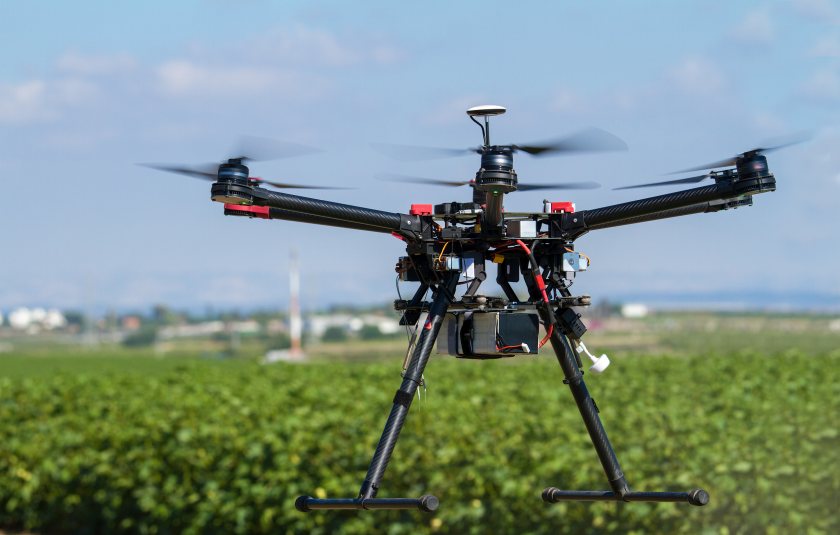
Sixteen Welsh farm businesses are set to explore new technologies and techniques on-farm, thanks to fresh funding from Farming Connect.
From using drones to monitor pasture quality to fitting sheep with digital tracking devices in a bid to combat theft, the selected projects aim to strengthen individual enterprises and bring wider benefits to Welsh agriculture.
Previous rounds of Farming Connect’s popular ‘Try Out Fund’ have seen farmers experiment with everything from tea cultivation and commercial walnut production to bi-cropping maize with sunflowers.
This latest phase continues that trend, supporting farmers in trialling fresh approaches to tackle modern challenges in agriculture.
The successful applicants represent a broad cross-section of the farming sector, spanning dairy, arable, beef, sheep, poultry, and horticulture – showcasing the variety and ingenuity flourishing across rural Wales.
In Meirionnydd, a dairy farmer is trialling sainfoin – a protein-rich legume – using three different sowing techniques.
The project seeks to identify two contrasting sward types for use in alternating five-year leys, with a view to enhancing sustainable forage production.
Over in North Ceredigion, another dairy farm is using drone technology to improve the assessment of pasture quality, aiming to boost grassland productivity through precision data.
In the poultry sector, a Radnorshire broiler producer is tackling enterococcus lameness, a disease that affects birds’ joints, by trialling a thermal fogging disinfectant applied prior to restocking.
The project will monitor bird health, mortality, feed conversion ratios, and antibiotic use to assess whether the approach can reduce infections and reliance on medication.
A barley grower on Anglesey is experimenting with a compound fertiliser containing protected phosphate, applied alongside farmyard manure.
The aim is to improve phosphate uptake in both spring and winter crops, thereby increasing yields and improving the return on fertiliser investment.
Further trials in Montgomeryshire focus on maize production and the use of variable-rate nitrogen applications on winter wheat and oilseed rape to improve nutrient efficiency.
In light of growing concerns over livestock theft in Wales, one red meat project is trialling GPS tracking technology on sheep.
The trial will install a range of digital devices on cluster farms, allowing farmers to monitor animal movement within farm boundaries or geofenced areas – a potential deterrent against theft and a step forward for farm security.
In Brecknock, native cattle involved in a conservation grazing project will be fitted with ‘no-fence’ wireless collars to test whether targeted grazing can improve biodiversity.
The approach is designed to enhance habitat quality by allowing controlled grazing of invasive plants such as bracken, particularly on common land.
A similar system is being trialled across Monmouthshire, Torfaen, and Blaenau Gwent, where researchers hope to find welfare and environmental gains in areas where traditional fencing is impractical.
Soil health and livestock wellbeing are key focuses in several red meat sector trials. In Brecknock, herbal leys – some featuring species new to the UK – are being established.
Lamb health is also under scrutiny across multiple sites. A farm in South Montgomeryshire is comparing two types of vitamin B12 injections in 600 lambs to tackle cobalt deficiency, measuring weight gain and body condition to assess value for money.
Other projects include overseeding through livestock trampling in North Montgomeryshire and seaweed biostimulants for improving sward quality in North Ceredigion.
